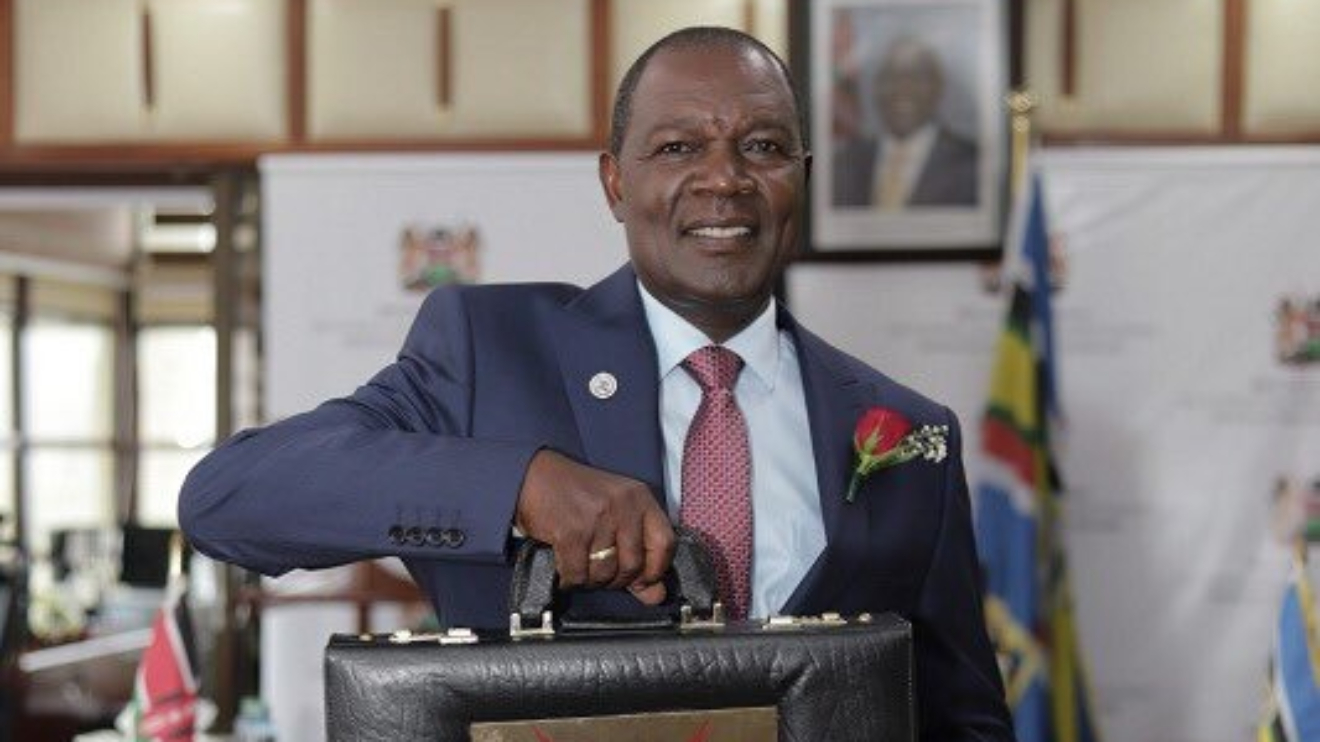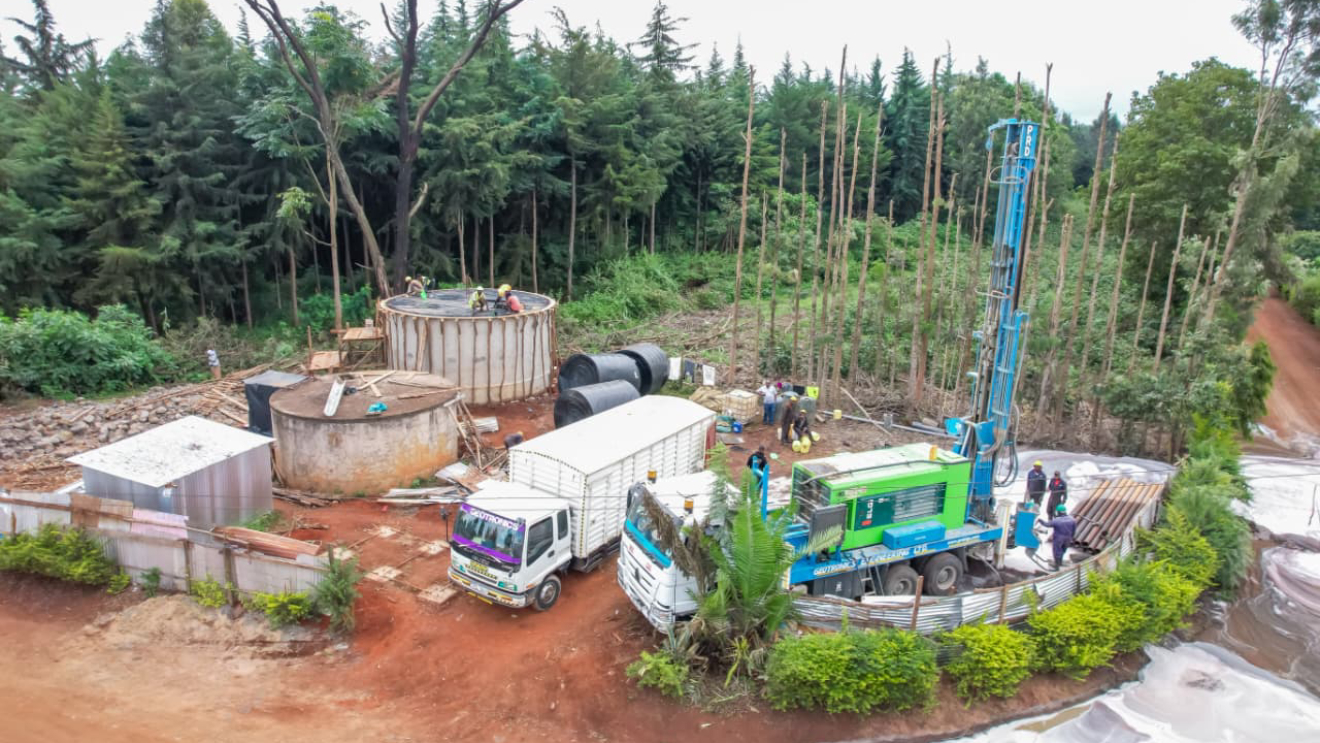Kenyans are bracing for an impending tax hike, as the National Treasury of Kenya unveils plans to increase the Value-Added Tax (VAT) on products and services to 18 per cent.
The proposal aims to elevate the VAT rate from the current 16 per cent, as disclosed in the latest Draft Medium-term Debt Strategy for the periods 2024/25 and 2026/27.
The Treasury justifies this move by citing Kenya's relatively lower VAT rate compared to its East African Community (EAC) neighbours.
The proposal aligns with President William Ruto's post-election promises, intended to finance his ambitious bottom-up economic agenda, aimed at elevating more Kenyans out of poverty.
"Currently, VAT rate in Kenya is among the lowest within the EAC member States. The EAC Common Market Protocol foresees harmonisation of taxes before EAC Monetary Union," the Treasury asserts in the draft document.
Read More
The document further emphasizes that low VAT rates, coupled with rationalized exemptions, can promote compliance and enhance revenue collection.
It states, "In this respect, the Government will review the VAT rates as well VAT exemptions and zero rating."
The proposal not only targets VAT but also contemplates an increase in excise duty on spirits and high-alcohol content products to discourage consumption.
Treasury intends to determine the optimal tax rate for each alcoholic product through quantitative analysis.
Tobacco users will also experience an adjustment as the government seeks to harmonize excise duty rates for filtered cigarettes, non-filtered cigarettes, and other tobacco products.
The Treasury justifies this by highlighting the negative health externalities associated with these products.
It plans to base the rates on the extent of these externalities and recommendations from an ongoing EAC partner states study.
Additionally, the proposed tax regime will review taxes on sugar-based non-alcoholic beverages.
This initiative aligns with the government's mission to combat obesity and diet-related non-communicable diseases.
Kenyans are encouraged to participate in this critical decision-making process by submitting their recommendations on the proposed changes.
The Treasury has set the deadline for submissions as October 6, 2023.
As the nation awaits the outcome of these proposed tax adjustments, it remains to be seen how they will impact Kenyan citizens, businesses, and the broader economic landscape.
The debate over these fiscal policies is expected to intensify in the coming weeks, with stakeholders closely monitoring the implications on the country's economic future.




 shares a light moment with the company's Group CEO Dr Patrick Tumbo (right) at a past event-1758121528.jpeg)
-1758116028.jpeg)

